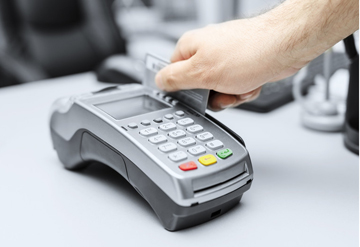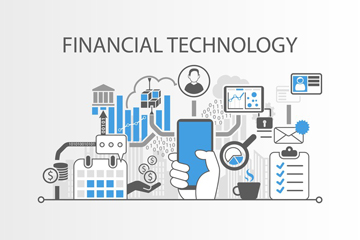
Advantages of Sharing Financial Data
Digitization of financial data makes it easier for consumers to share their financial data to benefit from innovative new services. In the future, the financial sector will be automated and the consumers would be encouraged to share their financial data in controlled ways to gain access to better and improved services. Data sharing will unleash a new competitive dynamic within the payment industry, technology providers and digital banking and all this will work to change the customer experience as well as services available. The reforms taking place in this sector have to be explained to consumers so that they understand how their data may be used.
Angus McFayden payment and technology law expert of Pinset Masons, a law firm pointed out that it is important for customers to have trust in the way their financial data is used if the reforms are to prove successful. McFayden made this observation after industry body Payment UK published a new report on how payment might be used when reforms in open banking, the updated Payment Service Directive (PSD2) – that was formally adopted by EU law makers in November to be implemented into national legislation across the 28 EU countries with those rules from 13 January 2018 – and the General Data Protection Regulation (GDPR) due to come into effect on 25 May 2018 are implemented.

Payment UK also published a survey which revealed that only 31 percent of consumers read the terms and conditions when sharing personal data online in return for a service. 68 percent of the respondents believed that providing personal data was a part of modern life whereas 60 percent believe that there is no alternative than to provide personal information for services, and 83 percent of respondents said that they were concerned about sharing their personal data.
Vital Need to Educate Consumers Regarding the Use of Their Data
McFayden said that the use of data is becoming more complex and the level of concern regarding that varies significantly between demographics and use cases. According to McFayden, PSD2 will allow all of us to use more of our financial data to take better decisions. It is very important that users properly understand how confidential data will be used if trust and confidence is not to be diminished. Innovative ways of storing, sharing and using data can revolutionize payment services by providing greater control, convenience, and new ways of data sharing for customers.
The data that banks and the financial industry deals with needs to be accessed for a carrying out various banking functions and automation of data is the ideal solution for keeping the entire data safe, organized and arranged in a systematic way. Most organizations in this sector are digitizing their paper assets with the support of data entry services. However, true digitization goes beyond just automation and digitization and must include ways of acquiring, processing, and acting on vast amounts of data. Firms should have a digital interface including inputs and outputs that can interact with external stakeholders such as clients, vendors, regulatory bodies, external service providers offering outsourced solutions, and the market. All capabilities must be built on a digital infrastructure that is scalable, flexible, and reliable. The benefits of digitization are significant in terms of increased revenue, cost savings and long-term agility.



